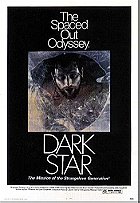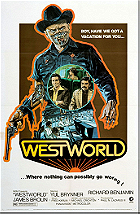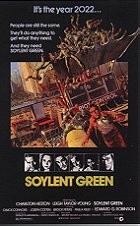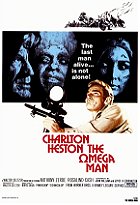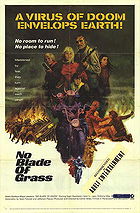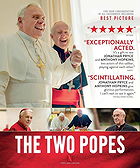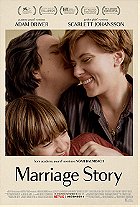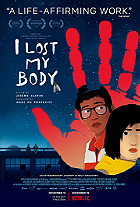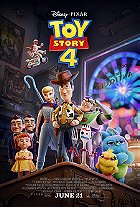The nation state as we know it has fallen and there is only the mega-corporation that controls everything from entertainment to the political sphere. No, I’m not providing a generalized summary of Ned Beatty’s blistering monologue in Network, although the 70s had an eerily prescient vision of where America was heading even if it was often through a parodic filter. I’m talking about Norman Jewison’s entry into the jaundiced, dystopic 70s sci-fi, Rollerball.
Less of a well plotted narrative than a film that is largely premise and tone, Rollerball envisions an America in the grips of corporate takeover and lulled by a bloodthirsty sport. Rollerball, the sport, is somewhere between American football, roller-derby, and hockey, and James Caan (it doesn’t matter what his character’s name is) is the mega-watt star of the sport. The powers-that-be demand his forced retirement as his rugged individualism offers bright spot of hope for the unseen masses that goes against the bottom-line of the cruel one-percenters.
Rollerball is fascinating as a prolonged mood piece with a significant central hole at its narrative logic. Celebrity adoration is one of the many opiates of the masses that keeps the bottom chunk from revolting against their oppressors. If the Energy Corporation that sponsors and functions as a not-so-invisible hand for the sport wants to diminish his star power because of what it might engendered in the populace, then Jewison and company never considered how narcotizing it is to dream that one day you’ll be “one of them” as opposed to a harsher reality. Caan’s star power is something they would have easily harnessed, finessed, and controlled in a smarter movie.
Which isn’t to say that Rollerball is dumb, just inconsistent. There’s a brutality here that’s counterbalanced by a coolly intellectually rendering of the future-punk dystopia. For all the anarchic, brutal, and shard-like intensity of the games themselves, there’s a future-is-now (or, 1975) reminder or a treatment of something bacchanal as nearly sterile. The apathy that’s fostered in the populace by devouring the sport is reflected in the structure of the film as everything is commodified and presented in a near detached manner. Has the apocalypse ever looked so institutional before?
 Login
Login
 Home
Home 95 Lists
95 Lists 1531 Reviews
1531 Reviews Collections
Collections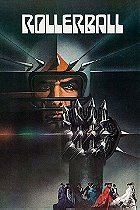
 0 comments,
0 comments, 